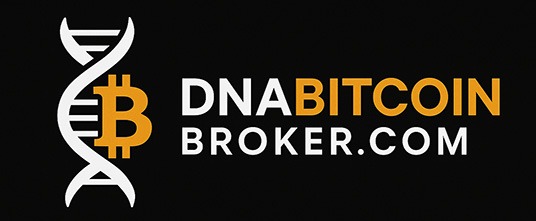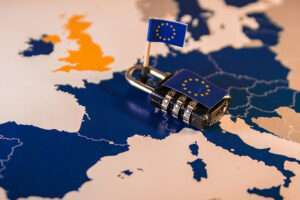The European Central Bank is in stages launching the digital euro. Yet, this move has sparked debates and queries on the integrity and privacy of CBDC. In addition, Maarten Daman, data protection officer at the ECB, believes the digital euro’s development will be as an option that represents the “highest privacy level of electronic payments”.
The Digital Euro Journey
The digital euro has been in the works for some time now:
-
- – October 2020: The ECB released a foundational report on the digital euro.
-
- – October 2021: The investigation phase began.
-
- – November 2023: Entered the preparation phase.
-
- – Q4 2024: Possible legislative adoption expected.
-
- – November 2025: Potential implementation of use cases.
But still, the road to full implementation is long. Subsequently, the ECB Governing Council will deliberate on decisions on further preparations after reaching certain milestones.
Addressing Privacy Concerns
The digital euro has experienced intermittent pushback on this new ECB innovation, with the main concerns revolving around privacy.
Daman of ECB emphasises that “We have nothing to hide”. This direction is fundamental because, according to the information obtained in the recent survey by the Deutsche Bundesbank, 59% of the respondents had no idea of the existence of the digital euro, while the rest ascribed different degrees of the need for privacy.
The ECB’s Privacy Strategy
To address these concerns, the ECB is exploring several approaches:
-
- Minimal data collection: The ECB aims to process only the minimum personal data required to fulfil its objectives.
- Pseudonymisation: This technique replaces identity attributes with fictitious ones, thus enhancing privacy while maintaining data usefulness.
- Segregated data streams: Payment Service Providers will handle citizens’ data separately from the Eurosystem, making it impossible to identify end-users directly.
Safeguards and Oversight
The ECB has emphasised on several mechanisms to prevent potential government overreach on CBDCs:
-
- – Legal prohibitions on processing personal data to identify users directly.
-
- – Oversight by the European Data Protection Supervisor.
-
- – A possible intervention by the European Court of Justice if laws are breached.
Nevertheless, some critics still do not share the same sentiments. An independent German MP, Joana Cotar, has been critical of the ECB’s reliance, asserting that laws are amendable and could be altered or eliminated.
Josh Swihart, the CEO of Electric Coin Company, also notes that privacy is not an on-or-off thing and raises questions about the ability of governments to regulate the issuance of money.
The Future of Digital Euro
To this end, what started as a concept is now getting closer to becoming a reality. The ECB is now in a dilemma of how to heed the calls for privacy while at the same time implementing the regulations and innovations. The success of this CBDC will mainly lie in gaining credible and sustainable public confidence vis-à-vis effective and proper privacy measures.
The coming months and years will tell whether the digital euro truly will be the most private electronic payment method as it is to become or whether the critics will have their way.
Lastly, do you think the digital euro is capable of achieving the goal of becoming the most private electronic payment method?
Let’s have your thoughts below!
Image Source: Adobe Stock
Disclaimer: This article is provided for informational purposes only. It is not offered or intended to be used for legal, tax, investment or financial advice.












